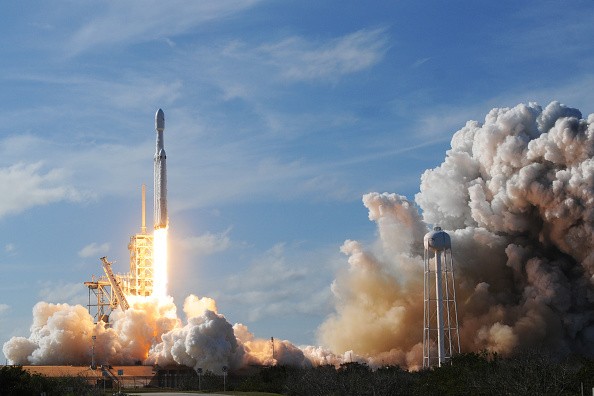Rocket Lab's Electron booster test has been delayed again. But, American aerospace manufacturers said that the delay would not be that long.

The company confirmed that they are expecting to conduct the test on Monday, May 2. Rocket Lab said that the reason for the delay was the unfavorable weather condition.
Aside from this, the space agency added that it is also double-checking the recovery system that the Electron booster will use.
"After a busy week of capture testing, and while we wait for the weather to improve, we're taking an additional day for final helicopter and recovery system optimization ahead of our first mid-air capture attempt," said Rocket Lab.
Rocket Lab Electron Booster Launch Delayed!
According to Space.Com's latest report, the recovery test's launch schedule is expected to start around 6:35 p.m. EDT on May 2.

Rocket Lab's upcoming "There and Back Again" space launch test will be its first attempt to recover its advanced first stage Electron booster.
The recovery test is a part of the company's efforts to enhance its reusable rocket business. On the other hand, the "There and Back Again" can also lead to cheaper rocket launches once the test is successful.
Now, what makes Rocket Lab's Electron booster recovery mission different?
Why Rocket Lab's Recovery Test is Different
For the past few years, space companies using reusable booster rockets have been doing the same thing when it comes to recovering their spacecraft.
SpaceX and other space agencies usually allow their rockets to splash in the ocean. After that, they will send their team to bring the rocket back to the shore.
But, Rocket Lab explained that their Electron recovery mission is unique since it will recover their booster rocket mid-air. This means that there will be no splashdown.
SpaceNews reported that once the test activities for the Electron booster are successful, the rocket will carry Rocket Lab's HawkEye 360 satellites.
Meanwhile, James Webb Space Telescope was able to capture some new astounding cosmos images.
On the other hand, a new study claims that longer NASA Mars missions are actually possible.
For more news updates about Rocket Lab's Electron booster recovery mission and other similar space activities, always keep your tabs open here at TechTimes.
This article is owned by TechTimes
Written by: Griffin Davis
ⓒ 2025 TECHTIMES.com All rights reserved. Do not reproduce without permission.




